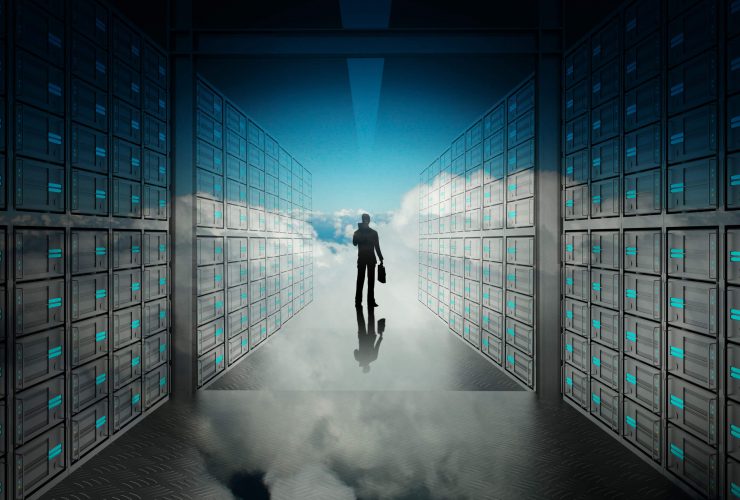Running a business requires organization and ensuring that access to critical data is available. For example, you can’t process client payments if you don’t have a sound invoice system, and you can’t do your taxes correctly if you don’t have proper financial records.
Business productivity software such as SAP Business One is one of the ways that modern businesses can ensure the efficiency of their operations. This is where cloud based ERP and migrating operations to the cloud play an essential role, but what exactly is ERP? And why are cloud-based solutions for erp growing in popularity today?
What Is ERP?
ERP stands for “enterprise resource planning,” and it is a general term for activities allowing a business to maintain and organize various processes. ERP software helps owners manage their companies from day to day.
There are plenty of ways that ERP benefits companies, with some specialized tools directed at specific company interests. However, at the core of all ERP software are two essential pillars of finance and accounting. While different businesses will offer different products or services, all of them need to manage their financial activities responsibly and keep track of their client/customer records. However, ERP often branches out into other critical areas of running a business, such as the following:
Human Resources (HR)
Keeping track of new hires, shifts, and payroll are all critical for any business with many employees. Without the proper organization of employee labor activity, data, and finances, a company can flounder.
Customer Relations Management (CRM)
For businesses with a broader audience, customer relations management is essential to maintaining a good relationship with potential and current customers. This involves handling inquiries or even disputes.
Supply Chain Management (SCM)
This is important for businesses that acquire or move goods around the city, state, country, or the world. They have to keep track of the next link in the supply chain, whether it is an incoming freight vessel or storage in a warehouse until the next leg of the journey.
Material Requirements Planning (MRP)
There are businesses that rely on securing raw materials as part of their production process. With material requirements planning, they can know what’s coming in, when it’s going to arrive, and how much the yield of the final product is.
Product Life Cycle Management (PLM)
This is for businesses that regularly create, distribute, and sell products. Product life cycle management is a useful tool for organizing the steps involved in conceptualizing a product, handling manufacturing, and ensuring that a supply chain is established.
Depending on the offerings and scope of a business, ERP software plays many roles in allowing operations to run smoothly every day.
Want to hear more? Contact us
Cloud Based ERP – Taking It Online
While ERP software has been an essential part of business activity for decades, it’s only been in the last ten years that transitioning this software to the cloud based ERP has become more popular. Today’s technology is what makes this a more cost-effective and secure solution.
Previously, ERP software was mostly local. This means that the software would be installed on one machine or, in some cases, one local network within a company. If an HR officer wanted to access employee records but could not go to the office, they would have to wait. Similarly, if an employee were traveling for business and wanted to file an expense report, they would only be able to do so after the business trip was over and once they had access to a company computer again.
The cloud based ERP changed all that. “The cloud” is short for “cloud computing,” and it refers to the series of servers and hosting services available all around the world for storing software and data. This changes software from something confined to a single machine to software as a service (SaaS). As long as a subscriber to a specific SaaS, such as ERP software, has access to the Internet, that software can be accessed and so can the
The cloud changed all that. “The cloud” is short for “cloud computing,” and it refers to the series of servers and hosting services available all around the world for storing software and data. This changes software from something confined to a single machine to software as a service (SaaS). As long as a subscriber to a specific SaaS, such as ERP software, has access to the Internet, that software can be accessed and so can the associated work file or data. That has had vast, positive repercussions for the way we work.
Cloud Based ERP has Greater Flexibility
Now, employees and managers are no longer confined to single devices. For example, food expenses during a business trip can be recorded using a phone to key in the amount and a camera to take a photo of the receipt. The finance department will be automatically notified of the entry online so they can check and approve it.
In the same way, now that a global pandemic has forced businesses to change how they operate and has led to many employees working from home, cloud-based ERP is a much-needed solution. Even if work may no longer be safe at physical establishments, that doesn’t mean operations have to stop completely. If you’d like to learn more about cloud based ERP for your own business, don’t hesitate to contact our team of experts today.





